We hear about ecology every day, from social media to TV news to press articles. The same words are used and repeated… But do you really know what they mean? To gain a better understanding of ecology and keep the planet cleaner, you need no more than a few definitions. Here’s a really useful little glossary!
Anthropisation
Anthropisation is the modification of the environment through the actions or presence of mankind, which causes the deterioration of a natural habitat or space. A distinction is made between anthropic causes or factors (urbanisation, industry, deforestation, roadbuilding…) and natural ones.
Atmosphere
The atmosphere is made of gases and particles which form a protective layer around the Earth. Comprising various strata (troposphere, stratosphere and mesosphere), the atmosphere is currently undergoing changes because of greenhouse gases. Present in ever-increasing amounts, they prevent the heat from the sun’s rays from escaping into space.
Organic farming
Farming referred to as organic involves a set of specifications that must be met by farmers for their farm to be awarded this epithet. This charter comprises regulations that set out the broad principles and an implementing text that explains the actual obligations to be put in place on the ground. They mainly concern pesticide-free operations and soil fertility improvement. These days, specialists acknowledge that this charter does not go far enough (it still allows practices that are less than virtuous) and would like it to be reviewed.
Factory farming
Factory farming is about mass production, with maximum yield. This is done using all available tools, even if it is harmful to the environment: use of antibiotics on livestock, pesticide use and overcrowding on livestock farms. It depletes and pollutes the soil and water, is a source of greenhouse gas emissions (not least due to the spreading of nitrogen-based fertilisers) and loss of biodiversity.
Biomass
Biomass is organic matter that’s available to be turned into energy. It may be organic or plant waste, or wood that can be used to make biofuels and biogas, or gas released by the fermentation of organic matter.
Biodiversity

Biodiversity (a contraction of the words ‘biological’ and ‘diversity’) refers to the variety of all the species, families and sub-families of all living organisms, animals, plants or micro-organisms. It also includes plurality and multiplicity within various ecosystems.
Carbon footprint
The carbon footprint is a method of assessing direct or indirect greenhouse gas emissions attributable to a company, action, product or individual. Developed by ADEME (the French Agency for Ecological Transition), this calculation takes account of the various sources of emissions to pinpoint and reduce them.
Composting
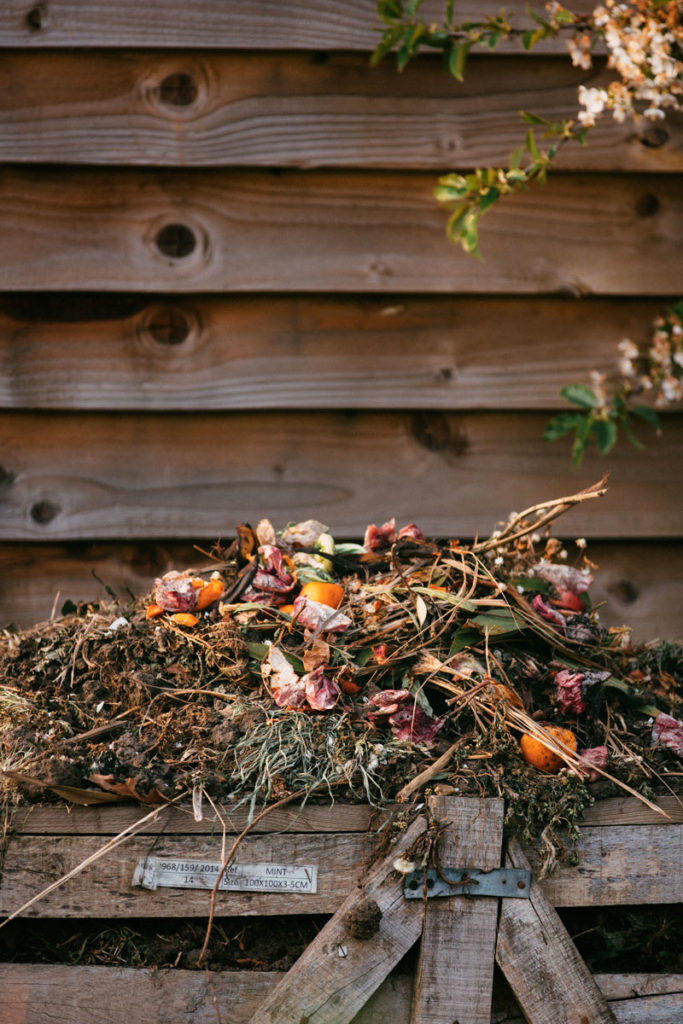
Composting is a natural way of breaking down organic matter. It results in a substratum (compost), an all-natural fertiliser that enriches earth without polluting it while being a means of disposing of biodegradable waste.
Nuclear power station
In a nuclear power station, the fission process is used to turn the nuclei of uranium atoms into heat. This heat is used to produce water vapour, which drives a turbine, which generates electricity. Nuclear power, which emits very little or no CO2, is one of the energy sources to favour in order to address global warming. So the drawbacks of nuclear power are not related to the climate, but to the processing of the waste generated by it and fear of nuclear accidents.
Climate sceptic
A climate sceptic is someone who questions the idea that global warming is (wholly or partly) caused by human actions, or contends that it arises naturally. Such people may be ordinary citizens, politicians or even scientists! Some climate sceptics think that global warming doesn’t exist, and others play it down. In summary, there are multiple variants ranging from climate negationists to climate downplayers.
Degrowth
In terms of ecology, degrowth is a lifestyle aimed at consuming less to generate less pollution. It is led by individuals who are aware of the finite nature of the world’s resources. They take the view that at this point, reducing consumption (and therefore production) is the only way to put the brakes on damage to the environment.
Deforestation
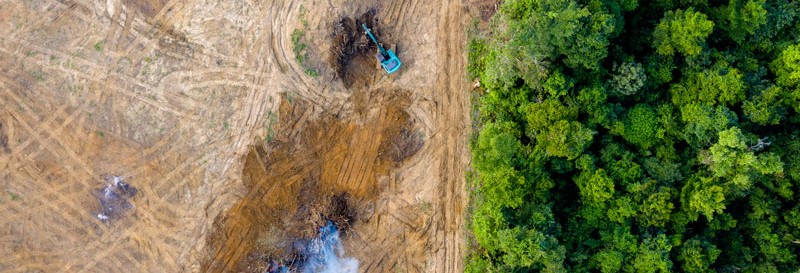
Deforestation is about clearing forests to make way for livestock or crop farming, town planning or wood harvesting. Taking away the trees and plants drives away the animals and insects that live in these areas. This leads to a serious loss of biodiversity, and of moist and cool conditions, with an increase in the greenhouse effect too.
Sustainable development
The principle of sustainable development is about designing products and services that are fit for purpose, while reining in their impact on the environment, with the aim of preserving it for future generations. This approach, which encompasses all the stages from design through to sale to reduce pollution and waste, also includes an ethical dimension.
Ecocide
In the news recently with a view to its being deemed a criminal offence, ecocide is destruction, impairment or irreparable ecological damage inflicted by mankind on an ecosystem, which brings about its annihilation. It’s generally down to over-exploitation or gross negligence.
Eco-anxiety, “green depression” or “solastalgia”
Eco-anxiety is a term that refers to pervasive anxiety or worry concerning environmental change and the prospect of the consequences of global warming. It can manifest itself as fear, sadness or depression when faced with a world that seems to be entering self-destruct mode.
Eco-feminism
Eco-feminism is a movement that establishes a connection between the oppression of women by men and the destruction of the planet by society. It sees these two phenomena as consequences of the capitalist patriarchy.
Circular economy
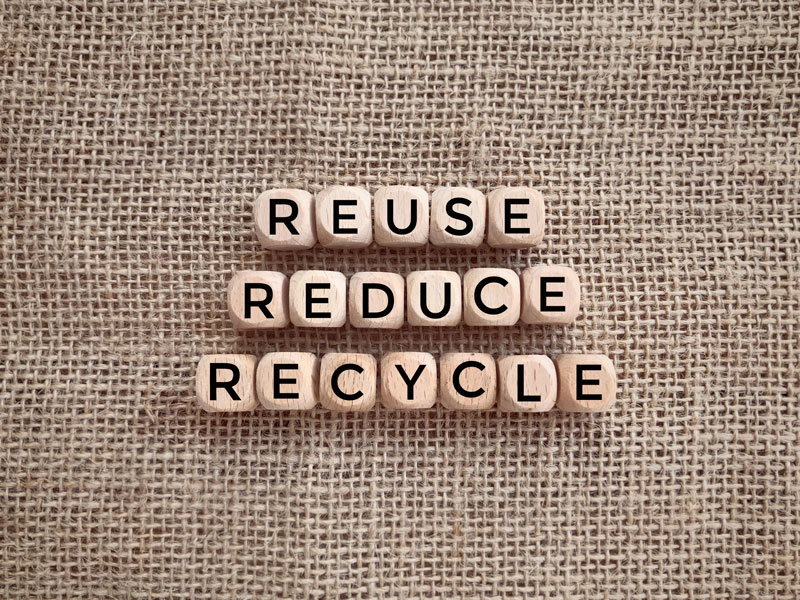
What’s known as the circular economy refers to a system aimed at reducing the impact of consumption on the environment using all possible means. It aims to extend product lifespan to avoid repeat purchasing. With swaps, repair, conversion, hire, lending and recycling, a virtuous circle can be created.
Greenhouse effect
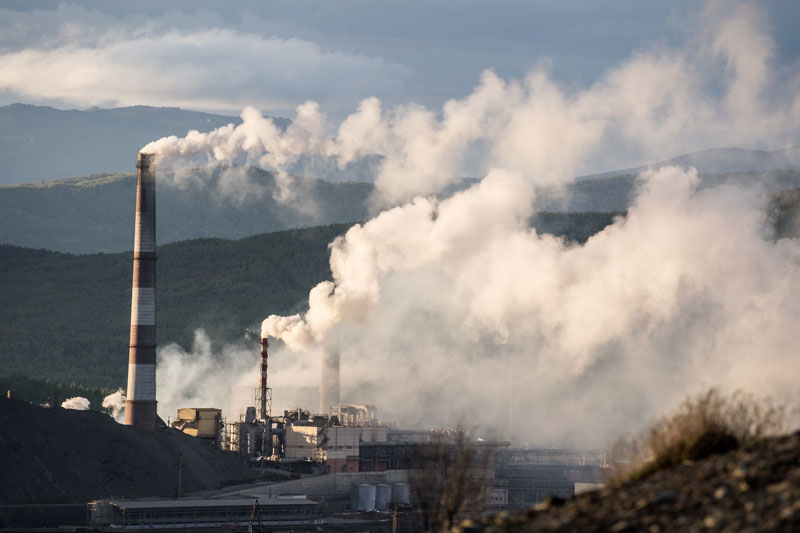
Once the sun’s rays have reached the Earth, they should escape into space in the form of infrared rays. The greenhouse effect occurs when some of the heat from them gets trapped in the atmosphere by CO2 and methane (greenhouse gas). This greenhouse effect is basically beneficial, because it makes it possible to conserve the heat needed to sustain life. However, it becomes problematic when too great a quantity of gas holds in too much heat, which raises the Earth’s temperature to abnormal levels.
Ecological footprint
The ecological footprint, which is calculated by analysing a product’s life cycle, determines the footprint of the ecological impact that it has on the environment. It takes account of the energy used, pollution generated and resources used. This includes the raw materials needed to manufacture the product, and the resources used and pollution generated during its useful life and through to the end of it in terms of waste.
Collapse
The collapse of a civilisation occurs when it can no longer meet the needs of its population following a major crisis or crises. In terms of ecology, there is talk of the collapse of thermo-industrial society. It is said to be petering out, with consumption depleting the resources on which it depends.
Fossil fuel energy
Fossil fuel energy is generated from petrochemical oil, coal or natural gas (known as fossil fuels), which are present in finite amounts. These resources are considered non-renewable, because they result from geological processes taking several million years. CO2 is emitted when they are burned, which is the reason why they are to blame for much of the greenhouse effect and global warming.
Renewable energy
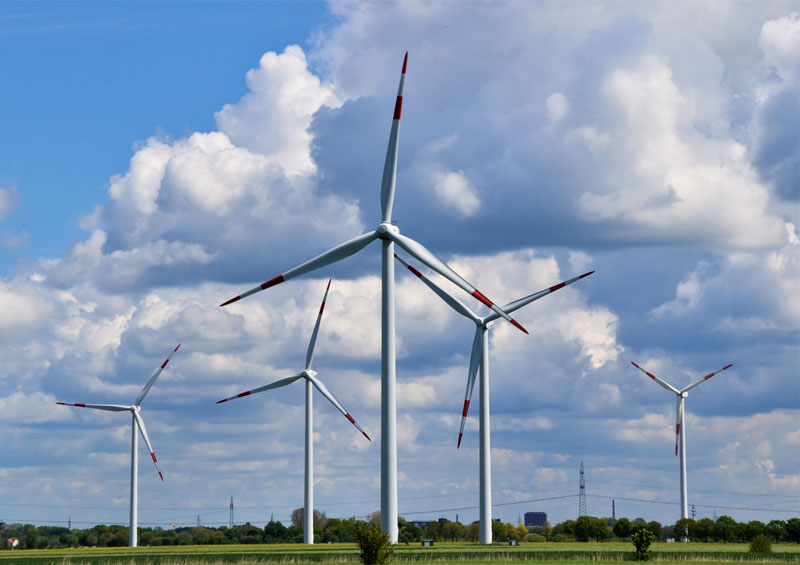
Renewable energy comes from sources that are not finite (sunlight, wind and water). They generate very little or no CO2, and are therefore known as “decarbonised”. They are used to produce electricity and can’t be used as a substitute for petrochemical oil, only to power devices which need electricity to work.
Grey energy
Grey energy is the energy used upstream of the use of a product, meaning the “hidden” energy expenditure that goes on production, processing, freight transport or extraction of raw materials. A finished product can be very energy efficient when in use, whereas a great deal of energy has been expended for its sake.
Primary and secondary forests
Forests referred to as primary are those that have not been modified by human actions – they are in their natural state. Secondary forests have been impacted by mankind through felling, the introduction of crops or modifications that have disrupted conditions for certain species.
Greenhouse gases
“Greenhouse” gases are those that prevent the heat from sun rays received by the Earth from escaping into space once they have been turned into infrared rays. They consist mainly of CO2 (carbon dioxide), methane, nitrogen protoxide, and also water vapour and ozone.
Greenwashing
Greenwashing is a technique used by some companies to try to mask the environmental damage that they cause. Greenwashing is about putting minor ecological arguments forward to minimise the polluting dimension of a product, either with campaigns that create an environmentally-responsible public image or by deliberately deceiving the consumer with misinformation. This practice, which is deemed false advertising, is regulated in France by the l’ARPP (the French advertising standards authority) and ADEME.
Low tech
Low-tech solutions, as opposed to high-tech ones, are simple, eco-friendly and economical and use means that are accessible to all to take the place of devices that are polluting or use too much energy. These low-tech solutions are associated with home crafts in particular, since they rely on handiwork, repair, upcycling, recycling and repurposing of items. It may be a solar oven, a dry toilet or simply… A bicycle!
Acid rain
Rain turns acidic in the atmosphere when it meets sulphur dioxide and nitrogen oxide emitted by factories and cars. Precipitation is then a real threat to the environment because it harms the soil, flora and fauna and also waterways, and even buildings.
Permaculture
Permaculture is a philosophy, a holistic way of looking at mankind and nature, and of drawing inspiration from its mechanisms. The word “permaculture” refers mainly to a type of farming that uses biodiversity to develop in synergy with nature as part of a virtuous system. By relying on sustainability and resilience, it stands up for a holistic approach whereby mankind acts in line with ecosystems from which it draws inspiration.
Carbon well
A carbon well is a natural system that absorbs and stores CO2 carbon dioxide (carbon dioxide) in biomass to reduce the amount of it in the atmosphere. The main carbon wells are seas and forests which, through photosynthesis, use the sun’s energy to bind CO2 in the form of organic matter.
Global warming
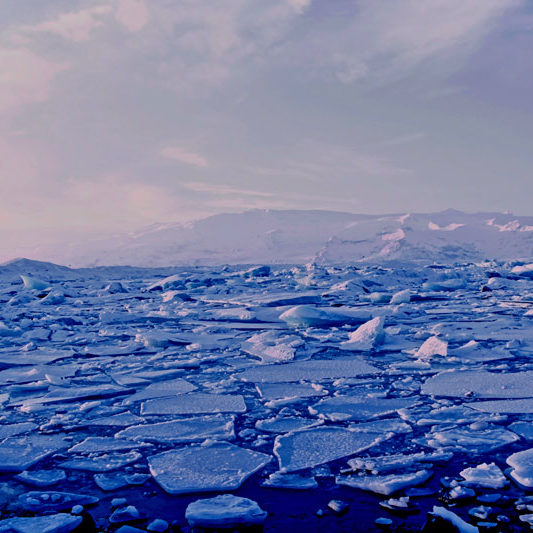
Global warming (and also climate change) is a steady, worldwide rise in temperatures on the surface of the globe. This change over time is a natural one, but has been sharply accelerated by pollution and greenhouse gas emissions caused by human actions. Global warming, which is now almost uncontrollable, is forcing humanity into catastrophic situations.
Sobriety
Sobriety is a concept related to that of degrowth. It encompasses self-restraint and the limits that we set ourselves in terms of consumption and use of resources. It’s also an expression used to express the aim of becoming a society that embraces frugality, moderation when it comes to production and “energy sobriety”. The word sobriety is also suggestive of de-consumption and of saving energy to reduce greenhouse gas emissions.
Forestry
Forestry refers to sustainable forest management. It draws on virtuous practices (replanting, conservation) that make it possible to take the benefits while preserving and optimising the forest as a resource. These positive ecological effects preserve forests from a long-term perspective.
Traceability
Traceability is the ability (or lack of) to get all the information on a product across every stage in the production process, from the raw materials used onwards. Traceability can tell you, for example, whether sub-contractors play a part in the life cycle of a product. It can also tell you whether a product really was produced in the country of sale (in our case “made in France”) or just assembled there.







